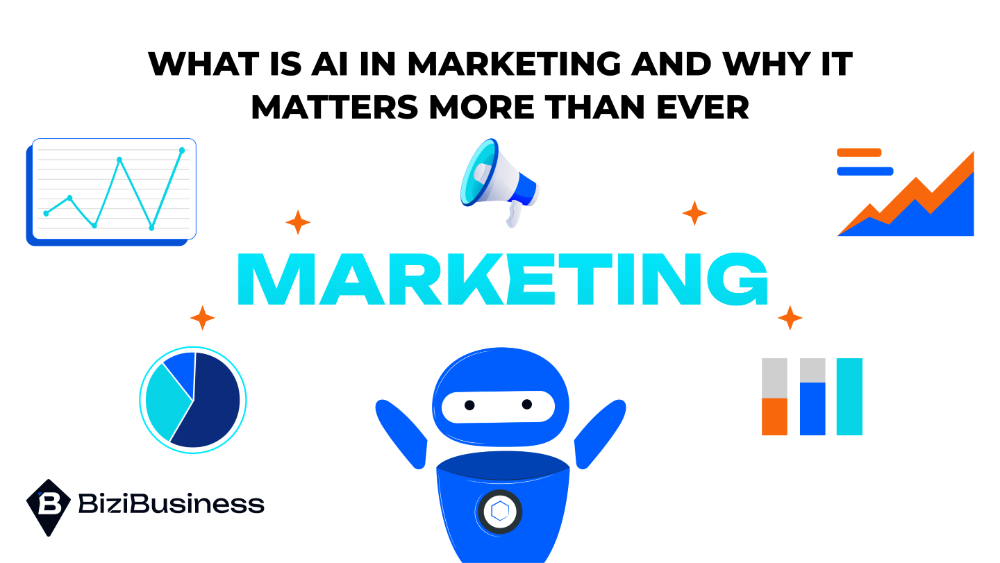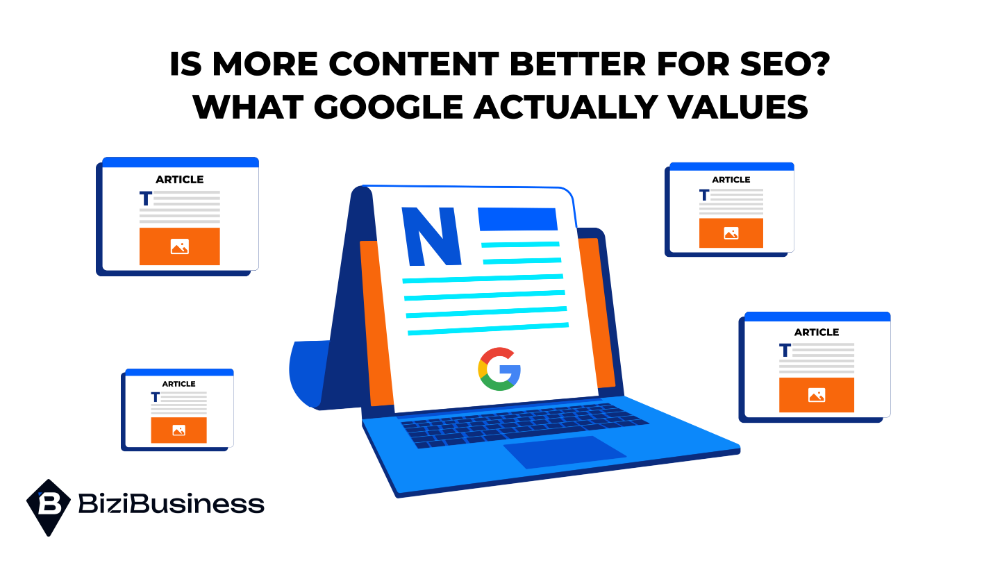Contents
What is AI in marketing? Itʼs the integration of artificial intelligence technologies—like machine learning, natural language processing, and predictive analytics into marketing strategies to boost efficiency, automate tasks, and deliver personalized experiences. With digital competition heating up, more companies are exploring how to use AI in digital marketing to stay ahead. In fact, 71% of…
What is AI in marketing? Itʼs the integration of artificial intelligence technologies—like machine learning, natural language processing, and predictive analytics into marketing strategies to boost efficiency, automate tasks, and deliver personalized experiences. With digital competition heating up, more companies are exploring how to use AI in digital marketing to stay ahead. In fact, 71% of CMOs now plan to invest over $10 million a year in these tools, a big jump from 57% the year before. Weʼll break down what AI in marketing really means, where itʼs being used today, the benefits and challenges that come with it, and why now is the right time to understand its growing role in your strategy.
Understanding AI In Marketing
What impact does AI have on marketing? Essentially, AI in this field revolves around utilizing intelligent technologies to
interpret data and automate tasks that once required significant time. Imagine having a digital partner that helps uncover customer preferences, optimal timing, and the best way to engage, all with maximum efficiency.
Here are some of the main ways AI is currently being applied in marketing:
- Collecting Data: AI pulls information from all interactions customers have with a brand—emails, social platforms, websites, and customer service exchanges.
- Analyzing Information: It reviews this data to identify trends and predict future actions far quicker than any human team.
- Natural Language Processing (NLP): This technology drives chatbots, content review systems, and tools that decode what your audience is actually expressing.
- Machine Learning: As time goes on, AI evaluates outcomes and refines campaigns on its own, continually improving performance.
If you’re exploring how to incorporate AI into your marketing strategy, focus on areas where it can enhance speed and clarity without sacrificing the personal touch.
Key Applications Of AI In Marketing
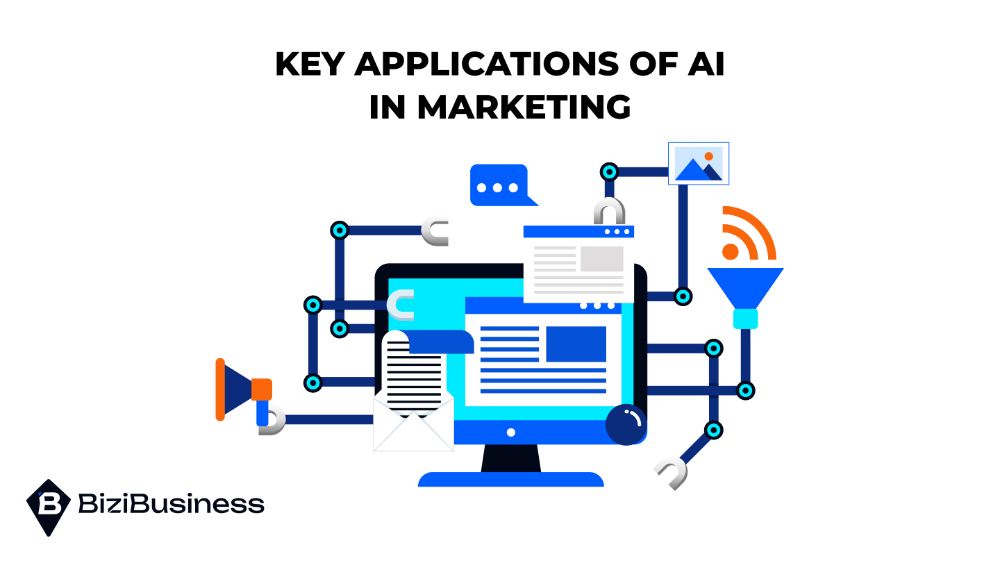
AI is more than just industry hype. Itʼs actively transforming the digital marketing world. Curious how AI is being applied in real-life scenarios? Hereʼs a breakdown of where itʼs already making a meaningful impact:
1. Crafting And Refining Content
Tools like ChatGPT, Jasper, and Surfer SEO are reshaping how content is produced. These platforms help with:
- Creating drafts for blogs, product pages, social media, and ads.
- Evaluating SEO factors like keyword usage and readability.
- Recommending new topics by analyzing trending searches and audience interests.
This streamlines the content process, enabling marketers to produce more without compromising on quality or engagement.
2. Targeted Segmentation And Customization
Basic demographic segmentation is old news. AI takes things further by:
- Studying customer behavior, purchase trends, and how users interact.
- Organizing people into ever-changing micro-groups.
- Sending tailored messages in real-time through emails, websites, or digital ads.
With this precision, marketing campaigns feel more relevant, resulting in better engagement and conversions. So, if youʼre asking, “how does AI improve targeting?ˮ This is how.
3. Anticipating Trends With Predictive Analytics
AI does more than track the past, it predicts whatʼs ahead. By studying existing data, AI can:
- Forecast what customers are likely to buy, or when they might leave.
- Rank leads by their intent to purchase.
- Estimate campaign results and future sales.
This allows marketing teams to make data-backed moves before they miss key opportunities.
4. Smart Chatbots And Digital Assistants
AI-based chatbots have evolved beyond simple replies. They can now:
- Interact instantly with site visitors.
- Qualify leads using conversation flows.
- Recommend products based on user input.
- Sync with CRM systems for smooth follow-up.
This all leads to faster support, lower service costs, and happier customers, any time of day.
5.Smarter Email Campaigns
AI enhances the entire email marketing process by:
- Customizing subject lines and content through behavioral data.
- Finding the ideal send time for each individual.
- Changing email flows based on how recipients interact.
This lifts open rates, clicks, and revenue, with far less manual effort.
6. Managing and Monitoring Social Media
Thinking of using AI in your social strategy? Tools like Sprout Social, Hootsuite, and Brand24 can:
- Track mentions of your brand across platforms.
- Monitor competitors and measure public sentiment.
- Automatically create and post content.
- Suggest optimal times and formats based on audience behavior.
This ensures your brand stays visible and reactive, without needing 24/7 human oversight.
7. Real-Time Pricing And Ad Bidding
AI supports marketers in staying both profitable and competitive by:
- Examining demand, customer habits, and what competitors are charging.
- Changing prices on the fly, especially for online stores.
- Running dynamic ad bidding to secure top spots at the best price.
These quick, data-driven adjustments help businesses stay flexible and increase margins in a fast-moving market.
Benefits Of Implementing AI In Marketing
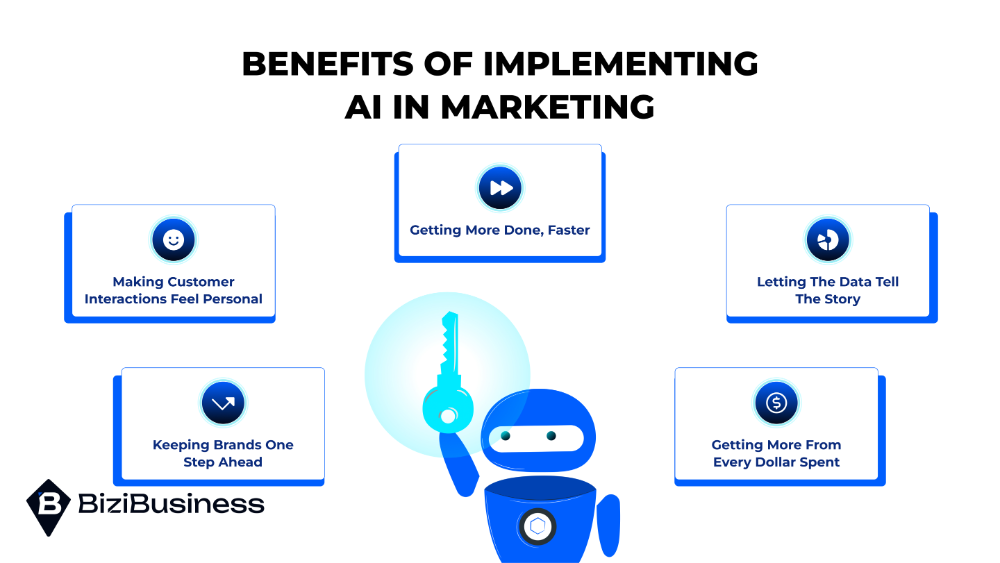
Still curious about how AI might shape the future of marketing? Itʼs not just about speeding things up. AI is changing the game entirely. Hereʼs what it really brings to the table:
Getting More Done, Faster
AI steps in to handle all the repetitive stuff: scheduling emails, posting to social media, updating spreadsheets, even answering basic customer questions. That means marketers get to focus on the fun, high-impact work like brainstorming new campaigns or refining their messaging. AI can whip up performance reports in seconds or adjust ad settings on the fly, saving hours of manual effort.
Making Customer Interactions Feel Personal
Because AI tracks customer behavior in real time, it helps brands show up in a more meaningful way. Think smart product recommendations, personalized email flows, or even website content that changes based on who’s visiting. Itʼs the kind of detail that makes people feel seen—and keeps them coming back.
Letting the Data Tell the Story
AI digs deep into data, spotting patterns that humans might miss. It can flag when someoneʼs about to churn, suggest the best time to reach out, or even estimate how much value a customer might bring long term. With those insights in hand, marketers can make sharper decisions, faster.
Keeping Brands One Step Ahead
AI tools let companies react to change in real time—whether itʼs a new trend, competitor move, or shift in audience behavior. With the ability to test, tweak, and scale campaigns on the fly, brands can stay agile and ahead of the curve— something thatʼs tough to match without automation.
Getting More From Every Dollar Spent
At the end of the day, itʼs about results. AI helps fine-tune every part of the customer journey, from who to target and what to say, to when and where to say it. The result? More efficient spending, better-performing campaigns, and higher returns across the board.
Challenges And Ethical Considerations
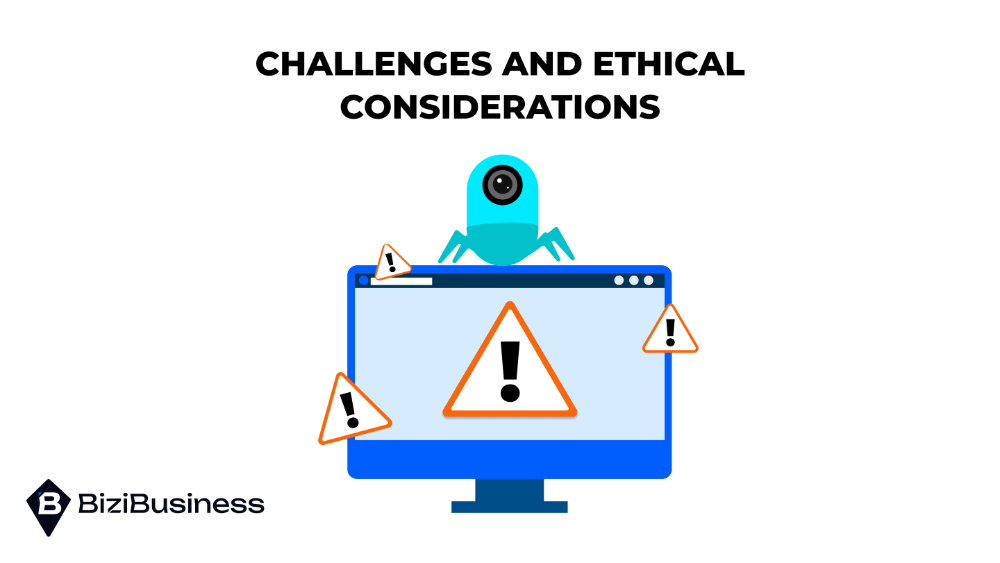
While AI offers transformative benefits, it also introduces complex challenges—especially in the areas of ethics, responsibility, and transparency. Marketers must navigate these carefully to maintain trust and credibility.
1. Data Privacy Concerns
AI thrives on data, but with that comes responsibility. Collecting, storing, and using personal data must comply with regulations like GDPR and CCPA. Misuse or overreach can erode customer trust and lead to legal consequences.
Transparency in how data is collected and used is essential for ethical marketing.
2. Over-Reliance on Automation
AI can streamline operations, but over-automating risks losing the human touch. Without human oversight, automated messages can feel cold or even inappropriate. For example, sending product recommendations after a customer has already made a purchase can frustrate rather than convert. AI should support, not replace, human strategy and empathy.
3. Bias in AI Algorithms
AI systems learn from data, and if that data contains bias, so will the outputs. This can lead to discriminatory messaging, unbalanced targeting, or flawed predictions. Ongoing audits and inclusive data sets are critical to minimizing unintended bias and ensuring fairness in AI-driven decisions.
4. Transparency and Accountability
Consumers increasingly expect to know when theyʼre interacting with AI. Clearly disclosing the use of chatbots, algorithmic recommendations, or automated decision-making processes builds trust. Marketers must also be accountable for the outcomes AI delivers – good or bad – especially when those outcomes affect customer relationships or reputation.
In short, ethical AI use isnʼt just a technical challenge. Itʼs a brand imperative.
Whatʼs Next: The Future Of AI In Marketing
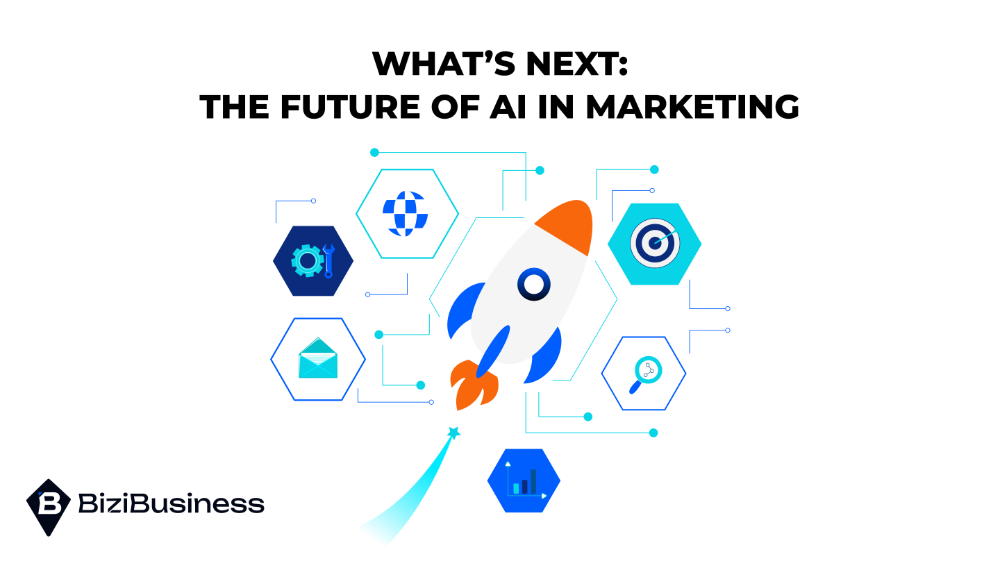
The future of AI in marketing isnʼt just about smarter tools. Itʼs about rethinking how we work. As AI evolves, itʼs beginning to do more than just respond. Itʼs starting to anticipate, adapt, and take the lead.
1. Smarter Systems That Do More Than Follow Orders
Agentic AI is the next step forward. These arenʼt just tools that carry out commands—theyʼre systems that make decisions on their own. Imagine an AI that runs your whole campaign: researching competitors, writing ad copy, testing versions, and moving your budget around based on whatʼs working. Itʼs like having a super-efficient assistant who never needs a break.
2. Personalized Experiences That Actually Feel Personal
Weʼve talked about personalization for years, but AI is about to take it to another level. Soon, your content wonʼt just be targeted, itʼll feel tailor-made. Think predictive content that shows up before someone even knows they need it, voice- activated interactions, and immersive AR experiences that respond in real time. It wonʼt feel like marketing, itʼll feel like someone built the experience just for you.
3. AI as a Creative Partner
Right now, AI can help with tasks like writing headlines or suggesting layouts. But itʼs quickly becoming more collaborative. It may soon help spot emerging trends or offer ideas on how to position your brand. This means marketers can step back from the repetitive stuff and lean into strategy and creativity. The best ideas will come from teams that learn to work with AI—not compete with it.
Final Thoughts
Marketing has always been about understanding people. Thatʼs not changing. Whatʼs changing is how we connect. AI gives us new ways to listen, respond, and create better experiences. It opens doors, but it also asks us to stay thoughtful, ethical, and grounded.
At the end of the day, the best marketing will still come from people who understand people. Those who stay curious, keep learning, and use AI as a partner, not a shortcut, will be the ones who shape whatʼs next.
